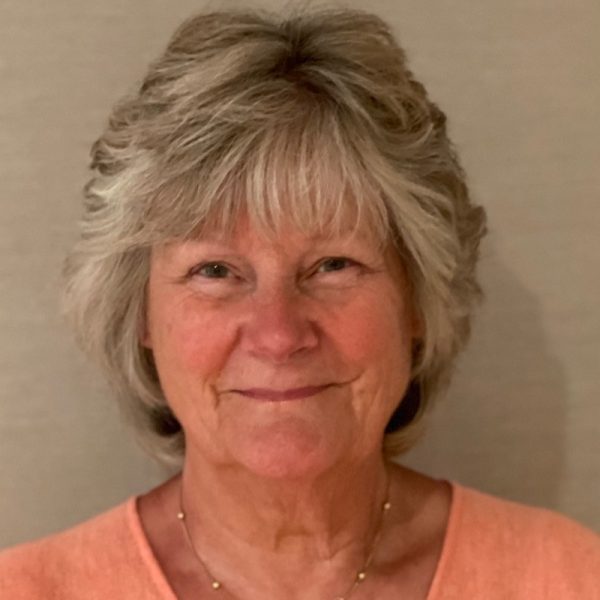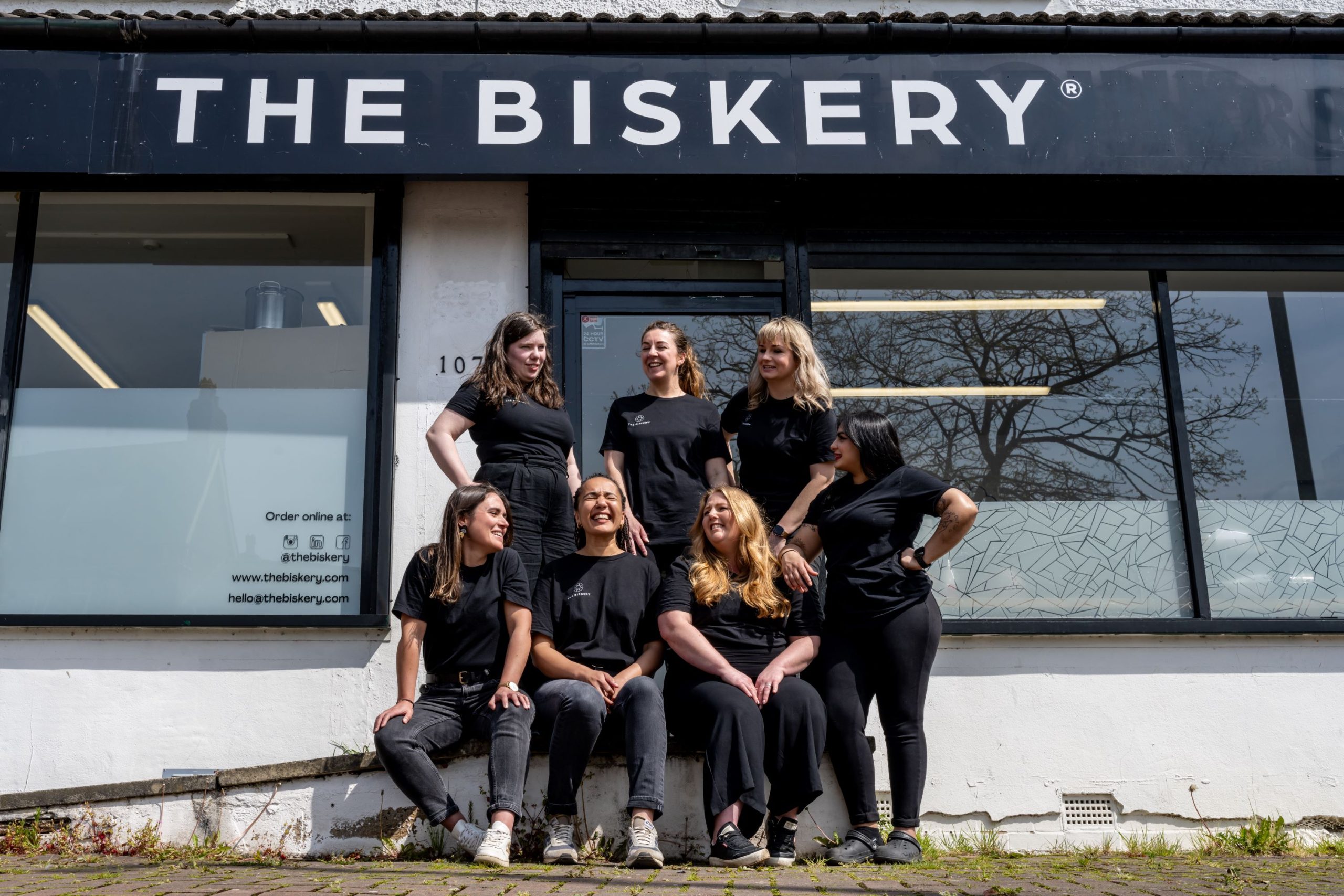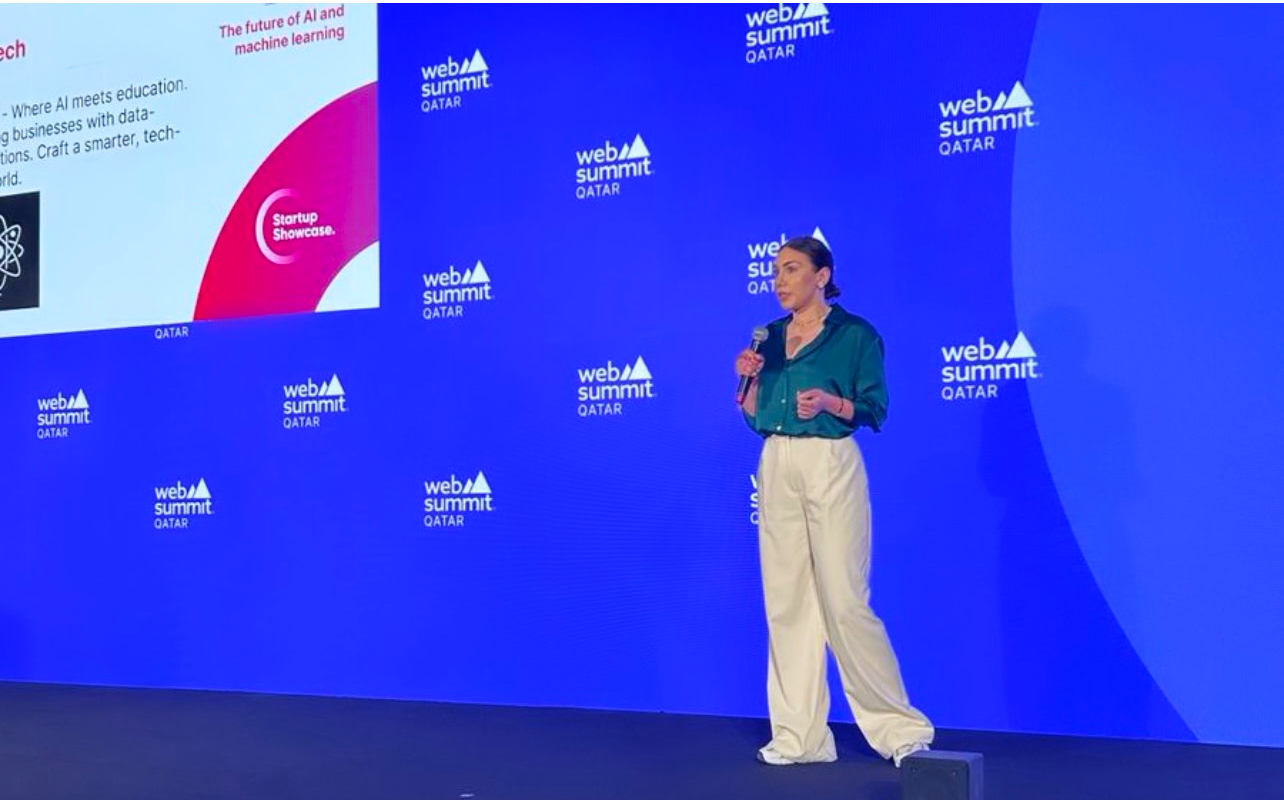Penny Hopkinson is a professional writer, editor, and consultant, for 35 years. She has helped SMEs, multinationals, and social enterprises follow a simple strategy to document their Know-How and Business Systems. She supports upgrading Operations Manuals or creating new ones coaching and mentoring individuals so that they write content to reflect their expertise better.
Tell us about your life before the venture/ leading up to your venture?
A former trade and tech journalist, I became Launch Editor of Media International, The European Journal for Planners of International Advertising, in 1973. After a brief flirtation with Public Relations, I spent over a decade as a socio-economics correspondent and travel writer reporting on the emerging Arabian Gulf States and Saudi Arabia, interviewing ministers, merchants and members of the ruling families.
Tell us something about your organization. What is it about and how is it helpful for people?
The introduction of the UK Government’s White Paper on Quality in the 1980s and the new quality standard BS5750 (ISO9000) proved pivotal as a quality correspondent for Procurement Weekly and Purchasing & Supply Management. Many organizations required accreditation to bid for government contracts. A Procedures Manual – for compliance and continuous improvement – was critical to certification, which required planned and phased updating. A subsidized UK government marketing initiative proved the concept, and I launched Manual Writers International in 1986 to serve markets that didn’t need accreditation but understood the value of well-structured, well-documented quality management procedures. I swiftly found my niche in franchising. All franchisors must issue an Operations Manual to their franchisees on signing the Franchise Agreement. The purpose of a well-structured, well-written, and comprehensive Operations Manual is to help franchisees absorb the franchisor’s Know-How and replicate the Business System. When followed, this helps franchisees across the network to become successful and profitable. I set a gold standard for creating the Operations Manual with the British Franchise Association when I joined in 1989 as an Affiliate Professional Advisor. Over the years, my manuals have evolved from paper-based tomes, often gathering dust on a shelf, to a substantial online knowledge base focused on enhancing franchisee engagement and continuous improvement at all experience and skill levels. My book, ‘Manual Magic. Create the Operations Manual Your Franchisees Need to Succeed’ will be published by Rethink Press early in 2023. This is for current and future franchisors who want to add a little magic to their Operations Manuals. As we often say: ‘It’s the difference that makes the difference.“
What has been the response of the consumers towards your venture?
Within months of launching Manual Writers International in 1986, I won a two-year contract to help the Corporation of Lloyd’s create the Lloyd’s of London Underwriting Agents Procedures Manual based on the Lloyd’s Act 1982 and Multiple Byelaws. A real baptism of fire! My next contract in 1990 was to collaborate with one of the top international management consultants on two Operations Manuals for a well-known health spa and club franchised globally. It was during this process that I received validation that when you combine well-structured, well-written Standard Operating Procedures with Total Quality Management principles, the result is extremely powerful. When the franchisor’s business system is faithfully replicated and followed, franchisees become successful, which can change the lives of franchisees – and the franchisor. When Total Quality Management principles are applied for continuous improvement, the network becomes profitable year on year. Some 35 years later, I have helped hundreds of franchise start-ups, SMEs, and multinationals create their Operations Manuals using a simple three-stage strategy continuously improved and endorsed by my clients.
I won the Parcelforce Award (London Region) for Quality Management and the Kensington & Chelsea Chamber of Commerce Small Business Award at the end of the 1990s. In 2011 I was Appointed a Companion of the British Franchise Association in recognition of an outstanding personal contribution to the development of Franchising in the UK – of which I am immensely proud.
How has your life changed because of your venture?
Transitioning from a freelance writer to a self-employed business owner has been an incredibly satisfying journey. Today I now write operational details of who, what, where, why and when – not just who and what, as a journalist! The more I’ve learned, the greater the freedom I’ve gained to say, write, and do the things I believe in – and be heard. So, I’ve grown in confidence from a different perspective. Because I have worked with so many industries and businesses, my knowledge has also increased significantly, enabling me to communicate effectively on various levels and adapt the manual’s content and voice to the right target audience.
Give a motivational message for the audience/women who are reading this.
I’m passionate about ethical franchising and its importance to the thousands of business owners and potential business owners who want to run a business but don’t want to do this alone – perhaps, fearing failure. Today, franchising – and all the services that support them – is no longer male-dominated but encourages women into franchising. Empowering Women in Business (EWIB) is the home for women looking to break into franchising as a business start-up opportunity and has been doing so for a decade. The British Franchise Association (www.thebfa.org) are at the forefront of this vital movement spearheaded by Pip Wilkins, our CEO. Many more women are becoming Legal Advisors, Franchise Consultants, and Franchise Mentors and providing other important support services than when I joined 35 years ago. Ours is an incredible, supportive community that works for the whole and the sum of its parts, irrespective of whether those parts offer competing services or products. So, if you are a writer who would like to turn your talent into a business skill with a difference, start by learning how to document Standard Operating Procedures. When you have become proficient, you will find that your skills will be in demand – and the world’s your oyster.









